The Leadership Vanguard
A unique cross-sector programme to develop leaders' will and skill to harness the power of big business for people and planet-positive system change.
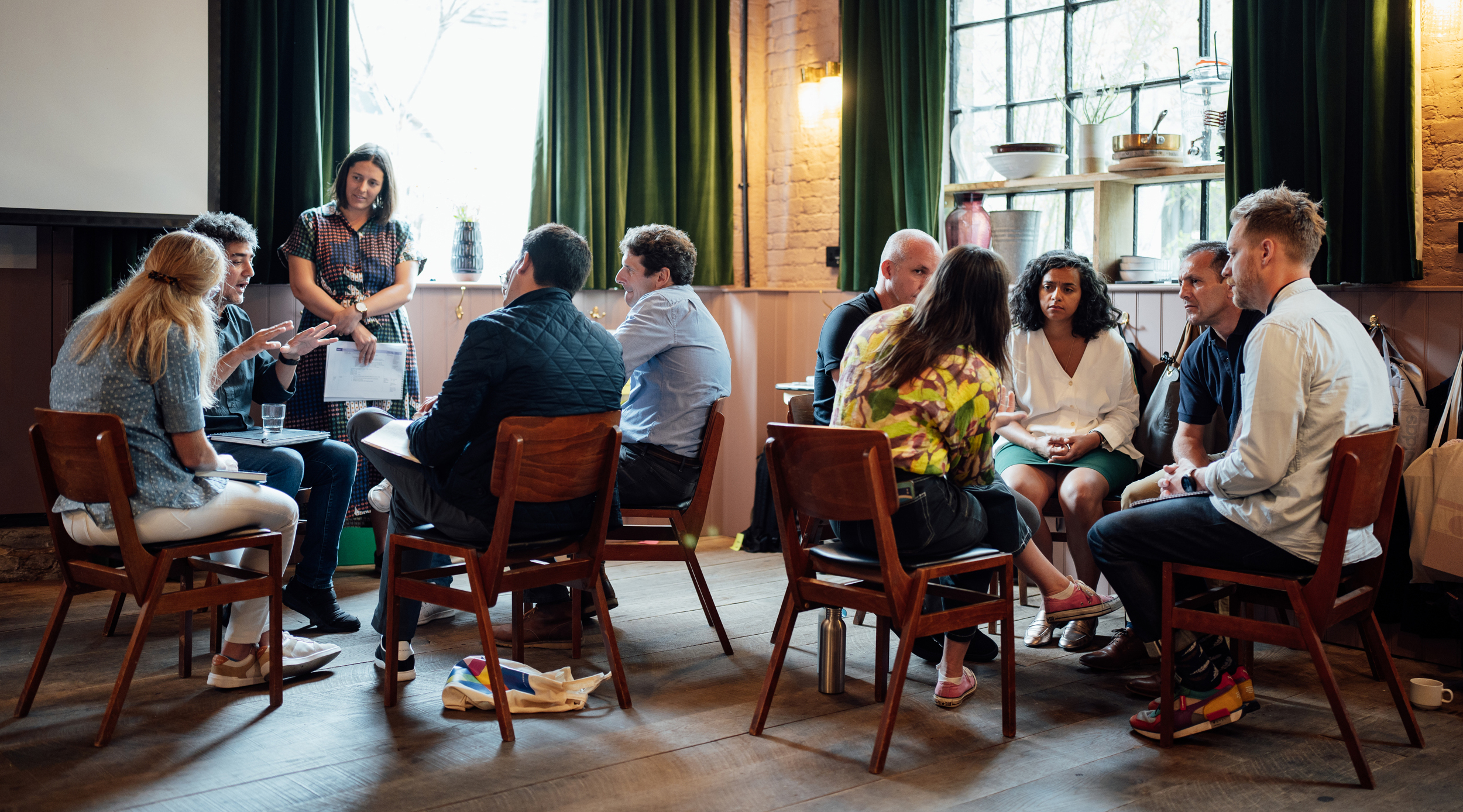
The Challenge
We are facing mounting ecological, economic and social challenges that require future-fit leaders to address.
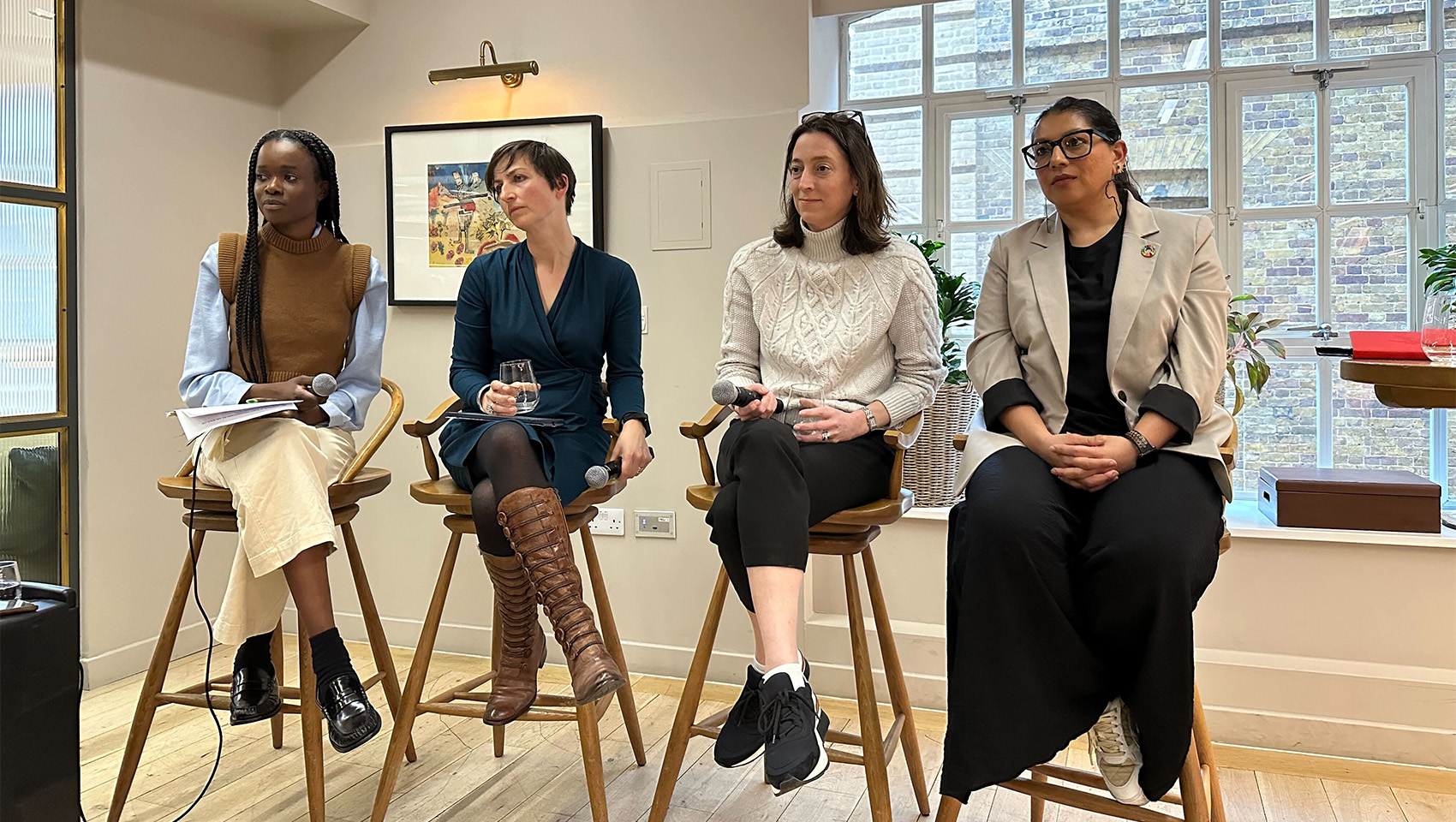
Accelerator
Our flagship leadership programme is a 6-month long immersive and experiential experience designed to equip senior leaders with the will and skill to drive people and planet positive impact, in tandem with commercial outcomes.
Leap
Utilising elements of the Accelerator in a targeted 4-12 week programme, leaders dive into specific challenge or opportunity spaces in a fully facilitated process that enables the formation and testing of hypotheses about positive growth.
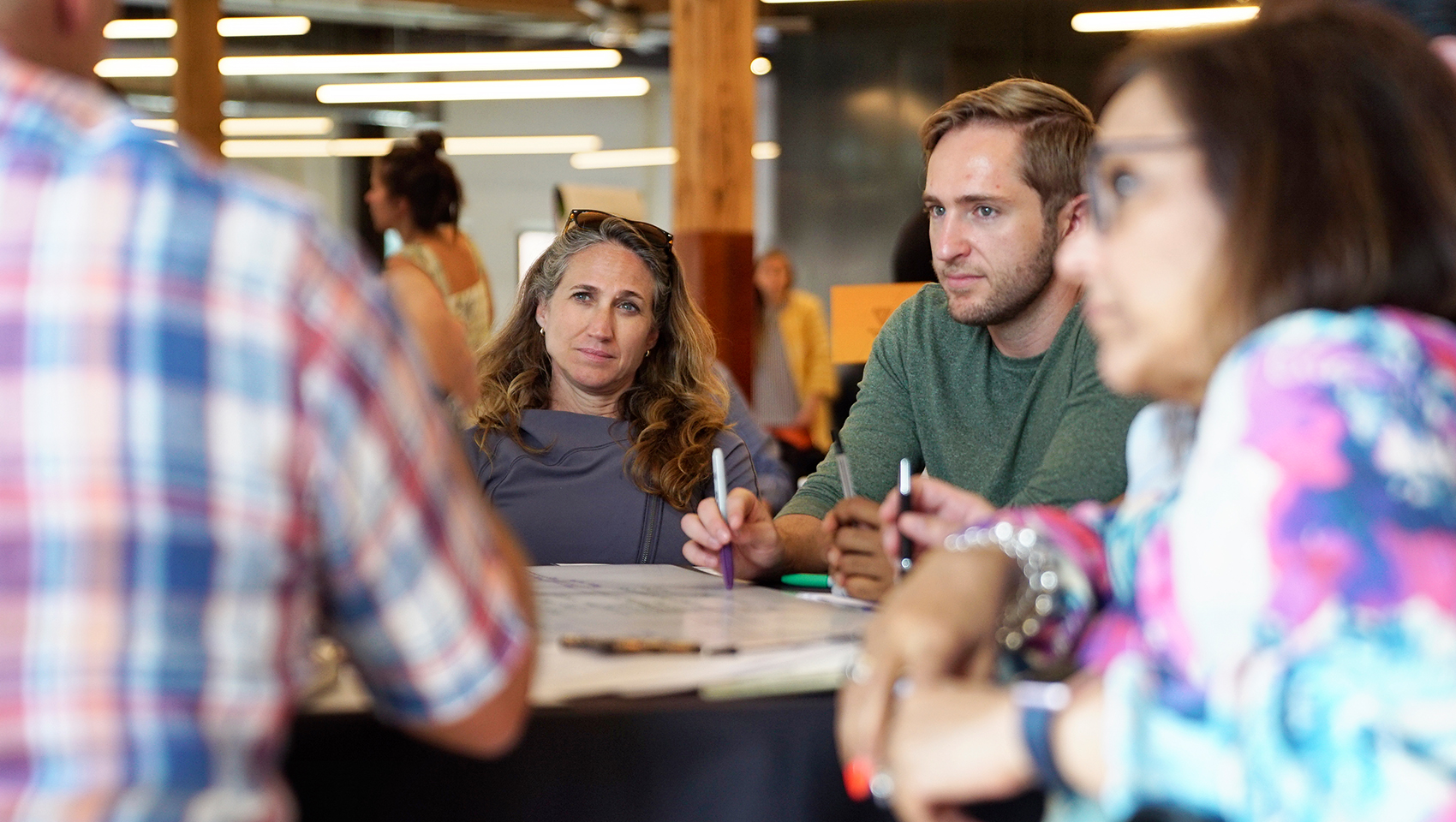

Alumni
A space for current and former Accelerator and Leap catalysts to come together as they look to implement what they have learnt, expand their perspective further, and build a professional network through an ongoing series of engagements.
Ten Years of Leadership
- 350
- Leaders who have participated in our Leadership Vanguard accelerator programme since 2015.
- 150
- Creatives, artists, performers, and musicians who have brought new perspectives to our events and programmes.
- 200
- CEOs who have brought their experience, perspectives, and impact to a range of Xynteo events, coalitions and programmes.
How The Leadership Vanguard Works
The Leadership Vanguard experience develops the networks, mindset, and abilities needed to transform both organisations and systems.
Each year, the Leadership Vanguard works to empower cohorts of ‘intrapreneurial’ change agents, connectors, and senior organisational weather-makers (aka ‘Catalysts’) from a mix of global organisations to rise to this challenge.
-
Join peers from organisations outside your sphere of awareness and influence in a curated cohort of catalysts brought together by a readiness for collaboration and learning across sectors and geographies.

-
The Leadership Vanguard programme gave me the inspiration, confidence and the tools to drive systemic sustainable change.
- Hanneke Willenborg
- CEO
- Olly
-
This is a great programme - there is nothing more important than investing in future leaders.
- Natarajan Chandrasekaran
- Chairperson
- Tata Sons
-
I’ve come away from the London Exchange with the questions: How can I help and make a difference? What will be my footprint and legacy?
- Duarte Bettencourt
- Director Marketing and Sales (B2C)
- EDP
-
Unilever joined Vanguard for the reason of wanting to nurture passions and create positive change within its leadership. To make change you need to make sure to put the right people in the right positions.
- Barbara Scala
- Global Wall’s and Cornetto Brand Lead
- Unilever
Our 2023 Partners
-
Purpose-driven Productivity: Achieving Balance in Modern Business
 Leadership, Sustainability, The Leadership Vanguard
5 minutes
Read article
Leadership, Sustainability, The Leadership Vanguard
5 minutes
Read article
-
From More Efficient Operations to Regenerative Business Models: Redefining Leadership for a Complex World
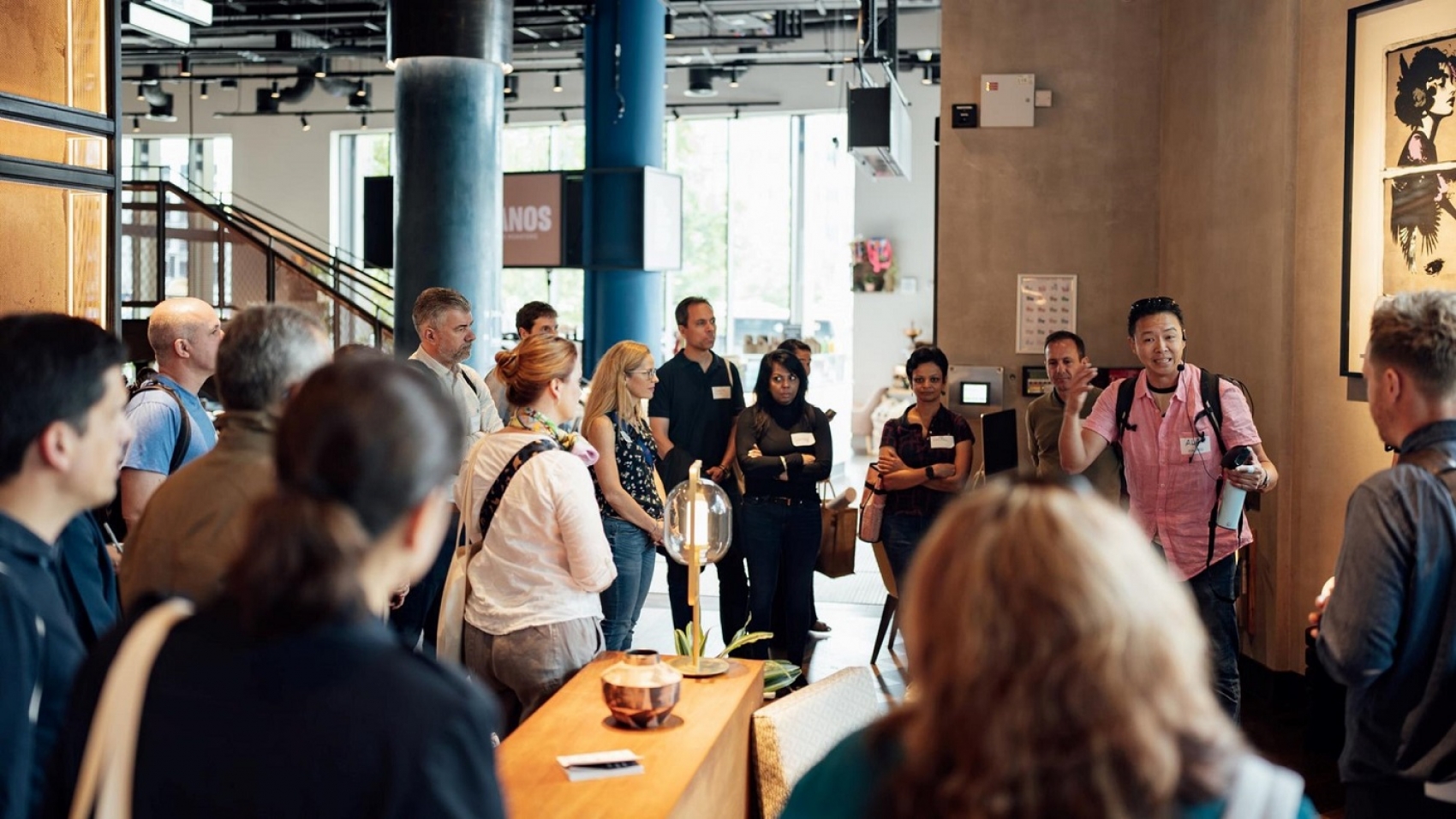 Leadership, Systems & Collaboration
5 minutes
Read article
Leadership, Systems & Collaboration
5 minutes
Read article
-
Experiencing Purpose-Led Regeneration: A Tale Of Three Cities
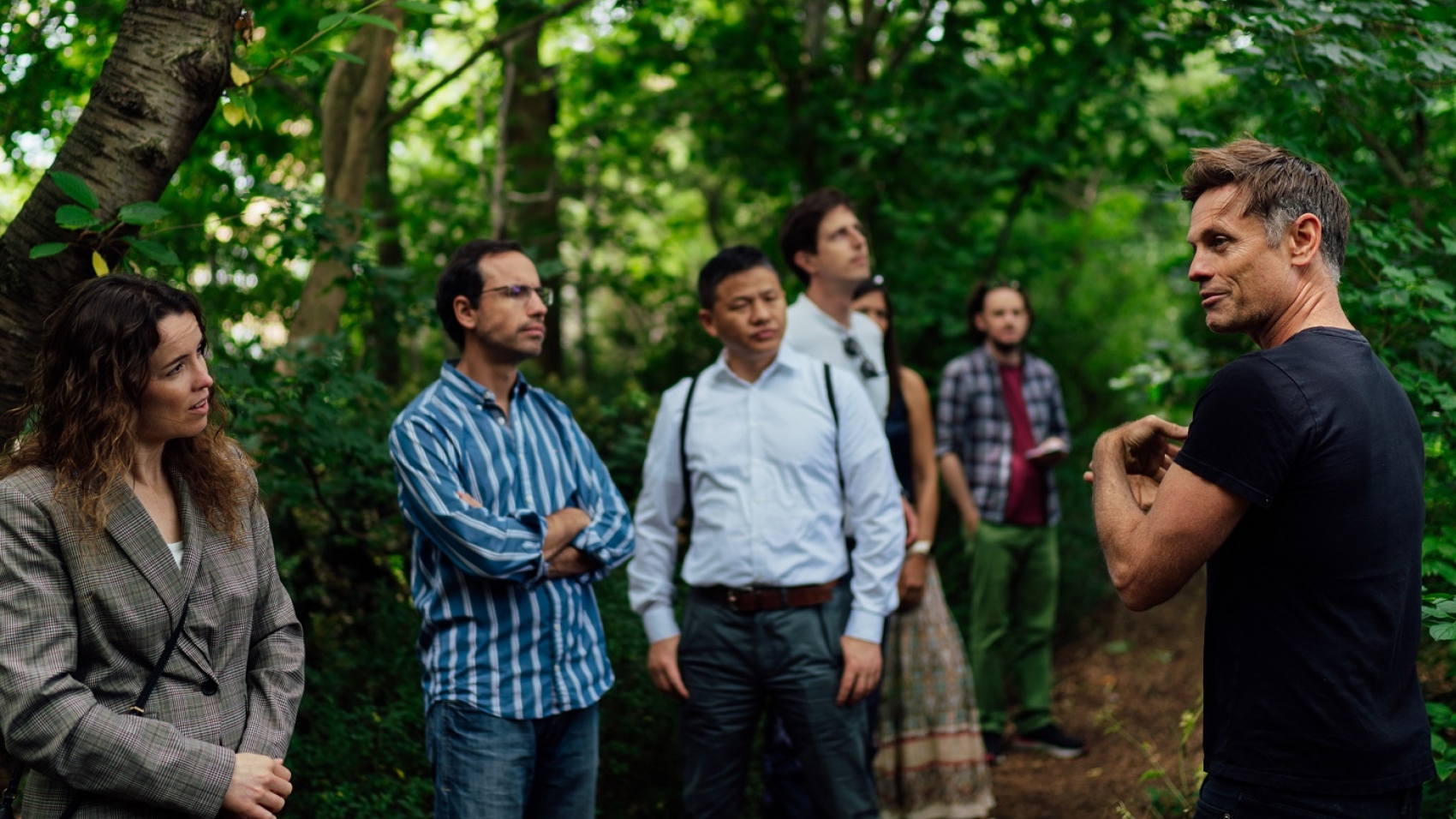 Insight, Leadership, Sustainability, The Leadership Vanguard
5 minutes
Read article
Insight, Leadership, Sustainability, The Leadership Vanguard
5 minutes
Read article
Your business can be a force for good – for the planet, for communities, for the future.


